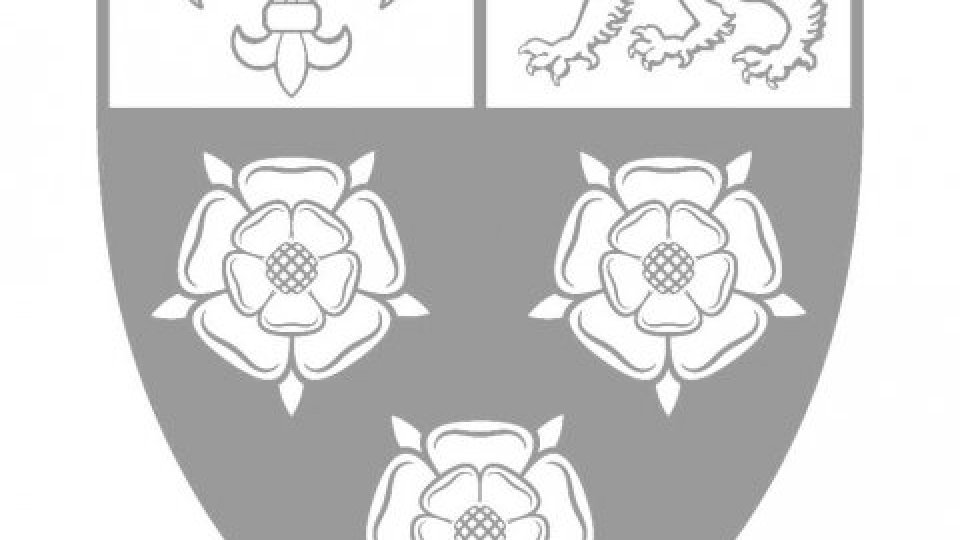
The existence of an early medieval cemetery on Barton Road had been presumed since the nineteenth century, but it was only when existing buildings at Croft Gardens were demolished in the summer of 2020, as part of the College’s project to develop the site, that it became possible to investigate the area archaeologically. More than 60 graves were found, most dating from the early Anglo-Saxon period (c. 400–650 CE), and containing grave goods including bronze brooches, bead necklaces, glass flasks, weapons, and pottery. The findings are unusual in their extent and preservation, and are providing detailed information about the health and diseases of the community, as well as burial habits and dress. New methods can now reveal nutritional and genetic evidence, helping to analyse migration and family relationships and changing ways of life around the ruins of Roman-period Cambridge.
Digital Events
Dr Caroline Goodson (King’s) hosts Dr Sam Lucy (Newnham), a world-recognised expert in Anglo-Saxon archaeology and cemeteries in…
Cambridge After RomeLast autumn an archaeological dig at the site of new King’s graduate accommodation at Croft Gardens revealed an extensive early…
Research Fellows' Talks - Katie HaworthResearch Fellow Katie Haworth presents on the topic of 'Exploring Early Medieval Community, Kinship and Identity: the Women of…
Documentary Film
Cambridge After Rome
Documentary made by Ellie Bustin about the excavation of a large and rich early medieval burial ground on King's College’s Croft Gardens site on Barton Road, and what can be learnt about life and death in Cambridge after the end of the Roman period.www.egvideoproductions.co.uk
